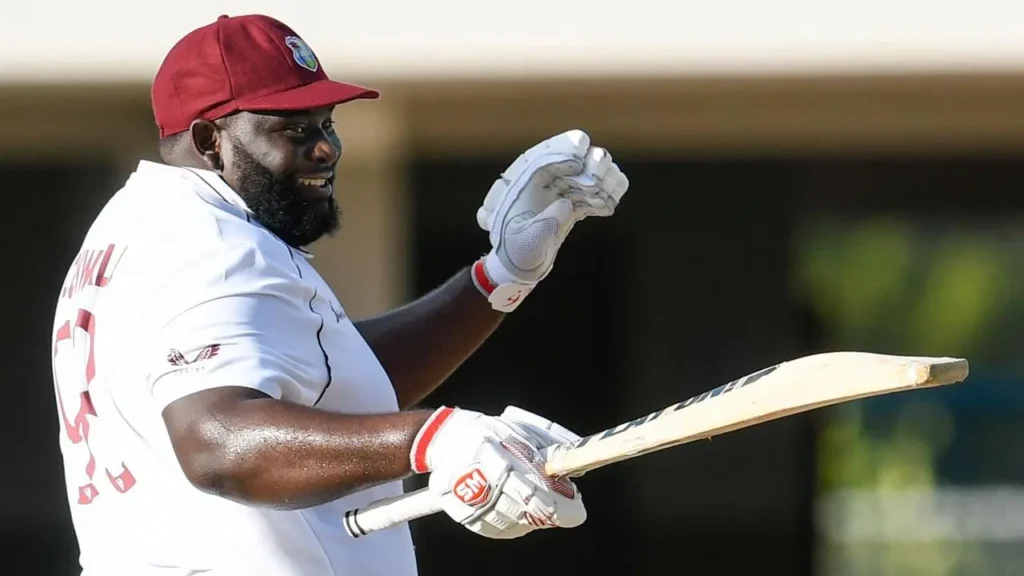India, often hailed as a cricket-obsessed nation, has produced some of the finest cricketers in the world.
While cricket enjoys unparalleled popularity and extensive infrastructure, other global sports like football, basketball, and athletics struggle to gain a foothold.
This article delves into the reasons behind the overemphasis on cricket, evaluates its impact on the performance of other sports, and proposes solutions to create a more balanced sporting culture in India.
The Cricket Obsession in India

Image source: Sports Adda
Cricket’s dominance in India can be attributed to several factors:
a. Historical Context
Cricket was introduced to India during British colonial rule and quickly became a popular sport. Post-independence, India’s success in cricket, including winning the 1983 World Cup, cemented its status as the nation’s favorite sport.
b. Media & Commercialization
Extensive media coverage and lucrative sponsorship deals have made cricket highly visible and financially rewarding. The Indian Premier League (IPL), launched in 2008, has further commercialized the sport, attracting massive investments and viewership.
c. Cultural Influence
Cricket has permeated Indian culture, with iconic players like Sachin Tendulkar and Virat Kohli becoming national heroes. This cultural influence perpetuates cricket’s popularity across generations.
Adverse Impact on Other Global Sports in India

Image source: Financial Express
The overemphasis on cricket has several adverse effects on other sports in India:
a. Resource Allocation
A significant portion of financial resources, infrastructure, and talent development is directed towards cricket. This leaves other sports with limited funding, facilities, and opportunities for growth.
b. Lack of Exposure:
Sports like football, basketball, and athletics receive minimal media coverage and sponsorship. This lack of visibility hinders their development and popularity among the masses.
c. Talent Drain
Aspiring athletes often gravitate towards cricket due to its financial incentives and fame. This results in a talent drain from other sports, affecting their overall performance and potential.
The Role of Governance & Administration

Image source: The Blog CPD Football
The governance structure of cricket and other sports in India reveals stark contrasts:
a. Board of Control for Cricket in India (BCCI)
The BCCI is a powerful and financially robust organization that oversees cricket in India. Its efficient administration, marketing strategies, and talent development programs have contributed to cricket’s dominance.
b. Lack of Major Councils for Other Sports
Other sports lack centralized, well-funded governing bodies akin to the BCCI.
For instance, the All India Football Federation (AIFF) and the Basketball Federation of India (BFI) struggle with financial constraints and administrative challenges.
c. Political Influence
The administration of sports bodies is often marred by political interference, hindering effective governance and development of sports other than cricket.
Chart: The Most Athletic Sports in the World

Chart sources
a. ESPN’s “Ultimate Degree of Difficulty Grid”
b. “Physical Demands of Various Sports,” American College of Sports Medicine
Proposed Solutions to Promote Other Sports

Image source: India.com
a. Establishing Robust Governing Bodies
Creating centralized, well-funded organizations for other sports can provide the necessary infrastructure and support for development.
These bodies should focus on talent identification, training, and international exposure.
b. Enhancing Grassroots Development
Investing in grassroots programs for various sports can nurture talent from a young age.
Schools and local clubs should be encouraged to promote diverse sports through inter-school competitions and training camps.
c. Media & Marketing
Increasing media coverage and marketing for sports other than cricket can enhance their visibility and popularity. Broadcasting major tournaments and creating engaging content can attract viewership and sponsorships.
d. Corporate Sponsorship & Investment
Encouraging corporate sponsorship and investment in non-cricket sports can provide financial stability and resources for development.
Public-private partnerships can play a significant role in this regard.
e. Government Initiatives & Policies
The government should formulate policies to promote sports diversity, including financial incentives for athletes and infrastructural development.
Programs like Khelo India can be expanded to cover a broader range of sports.
f. Cultural Shift:
Promoting a cultural shift towards appreciating and supporting various sports can gradually reduce the overemphasis on cricket.
Celebrating achievements in different sports and recognizing athletes’ contributions can foster a more inclusive sporting culture.
Conclusion

Image source: R.V. Moorthy
The overemphasis on cricket in India has undeniably overshadowed other global sports, resulting in limited resources, exposure, and opportunities for development.
To achieve a balanced sporting ecosystem, it is crucial to establish robust governing bodies, invest in grassroots development, enhance media coverage, and foster a cultural shift towards appreciating diverse sports.
By addressing these challenges, India can unlock the potential of its athletes across various disciplines, achieving greater success on the global stage and fostering a more inclusive and vibrant sporting culture.

